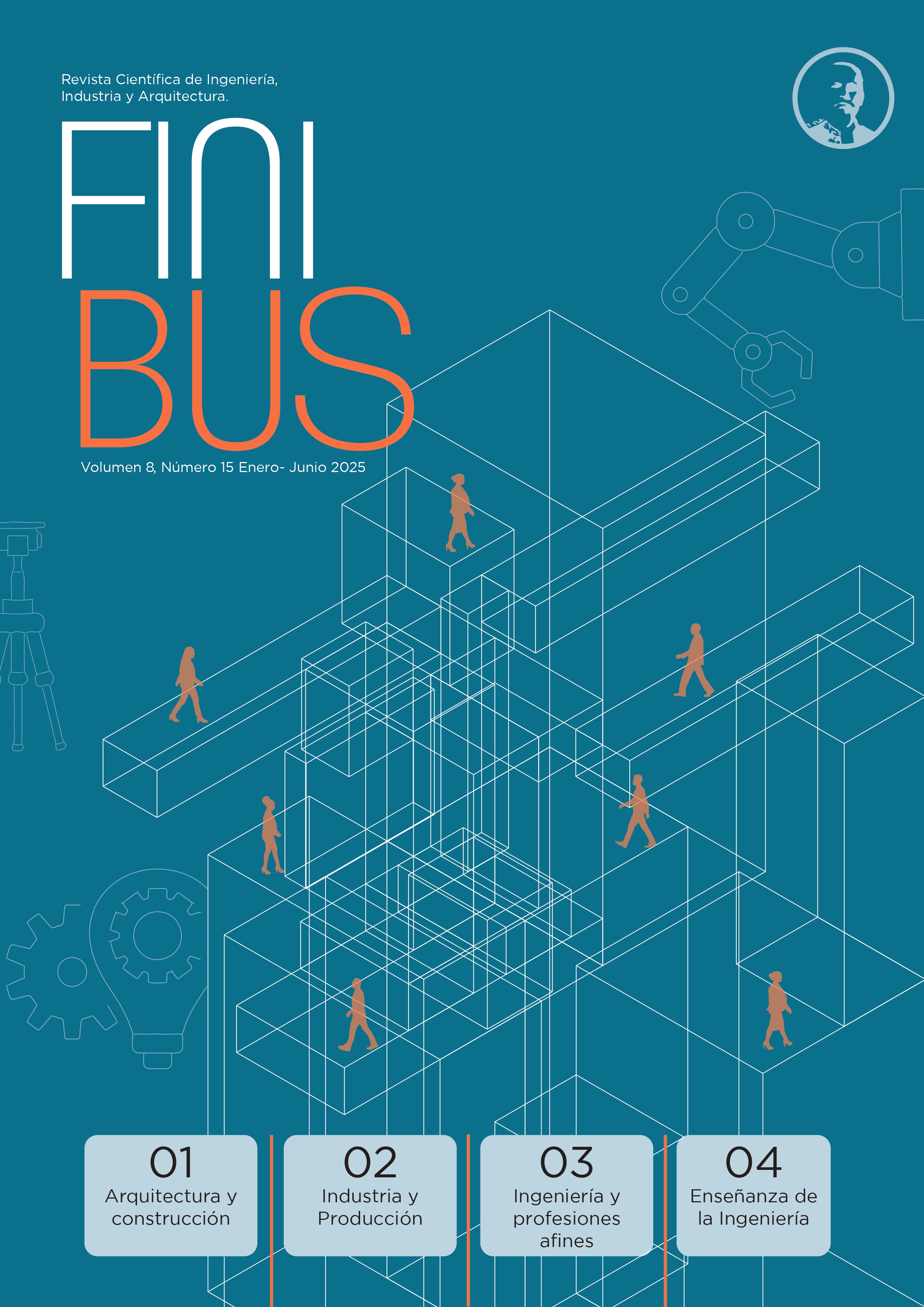Alta concentración de equipamientos en el centro urbano de la ciudad de Manta y propuesta de nueva subcentralidad
Artículo de investigación
Palabras clave:
expansión, conurbación, subcentralidad, ciudad intermedia, equipamientosResumen
En la actualidad, la ciudad de Manta es la urbe más grande y poblada de la provincia de Manabí, su desarrollo urbano ha sido característico de una expansión horizontal y dispersa que se evidencia al formar parte de la conurbación con los cantones Montecristi y Jaramijó. Según los resultados del Censo de Población y Vivienda (INEC, 2010), Manta se clasifica entre las ciudades con una población entre 330 000 y 206 000 habitantes. Ante la concentración de servicios en el casco central de la ciudad que beneficia en mayor parte a los pobladores que habitan en zonas colindantes del mismo, se propone un plan masa de una nueva subcentralidad que logre favorecer a los habitantes de esta mancomunidad tanto en distancia, tipo de transportación, y tiempos requeridos, a la par de brindar zonas mejor abastecidas de equipamientos. El objetivo de formar ciudades intermedias enmarcadas en el dinamismo constante de las situaciones económicas, sociales y espaciales se ajusta a la necesidad de crear sistemas que desconcentren las actividades masivas en un solo núcleo para dar paso a una articulación de modo que se creen puntos de conexión referencial.
Palabras clave: expansión, conurbación, subcentralidad, ciudad intermedia, equipamientos.
ABSTRACT
Currently, the city of Manta is the largest and most populous city of Manabí. Urban development has been characteristic of a horizontal expansion and scattered evidence that being part of the conurbation with Montecristi and Jaramijó cantons. According to the results of the Population and Housing Census (INEC, 2010), Manta ranks among the cities with a population between 330,000 and 206,000 inhabitants. Given the concentration of services in the central city, which primarily benefits people living in areas within a plan of land in a new surrounding subcentralidad that favor get people of this community both proposed a distance, transport type and the time necessary to provide a best pair of zones provided equipment. The objective of the formation of intermediate cities framed in the constant dynamism of economic, social, and spatial situations, it meets the need to create systems that decentralized mass activities on a single core to make way for a joint so that create points referential connection.
Keywords: expansion, conurbation, sub-centrality, intermediate city, equipment.
Fecha de recepción: 22 de octubre de 2018; Fecha de aceptación: 08 de enero de 2019; Fecha de publicación: 09 de enero de 2019.
Descargas
Citas
Camino, M., Sáinz, J., & Orozco, J. (2014). Desarrollo urbanístico de la ciudad de Manta. Desarrollo planificado, espontáneo y conducta de mercado.
Castell, M. (2000). Planificación para el desarrollo sostenible de las ciudades intermedias. Obtenido de: https://issuu.com/uclgcglu/docs/es_frame_document_i_cities_uclg_ilo/9
De Poortere, K. (2017). Manual para el diseño y construcción del espacio público de Bucaramanga. Bucaramanga. Obtenido de: http://versionantigua.bucaramanga.gov.co/documents/dependencias/Manual_Espacio_Publico.pdf
Escolano, S., & Ortiz, J. (2005). La formación de un modelo policéntrico de la actividad comercial en el Gran Santiago (Chile). Revista de geografía Norte Grande, Redalyc, Pág, 4. Obtenido de: https://www.redalyc.org/pdf/300/30003404.pdf
Giler, M. (2016). Incidencia del sistema vial en la transformación morfológica de la ciudad de Manta, Ecuador desde 1950 y su perspectiva futura.
Llop, J. M., & Vivanco, L. (2017). El derecho a la ciudad en el contexto de la Agenda Urbana para ciudades intermedias en el Ecuador. Cuenca. Obtenido de: https://dspace.ucuenca.edu.ec/bitstream/123456789/29885/1/CIUDADES%20INTERMEDIAS_WEB.pdf
LOOTUGS. (2016). Ley Orgánica de Ordenamiento Territorial Uso y Gestión de Suelo.
López, M. (1981). Expansión de las ciudades. Revista EURE N°22.
Mahendra, A., & Seto, K. (Enero de 2019). World Resources Report. Obtenido de https://wrirosscities.org/sites/default/files/upward-outward-growth-executive-summary-spanish.pdf














